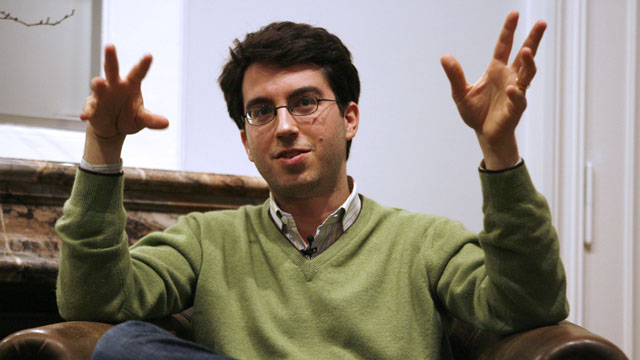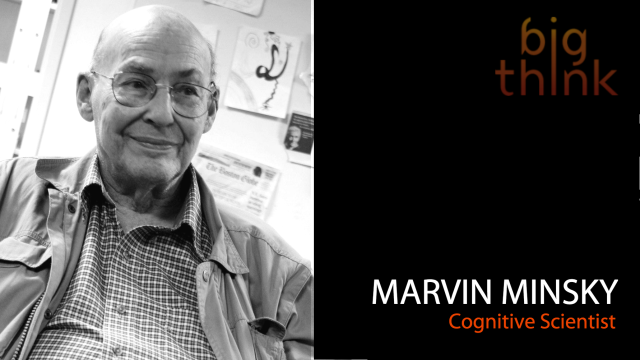Novelist Jonathan Safran Foer wants you to stop eating meat—not because he cares so much about the fluffy animals, but because it’s killing the environment. In his Big Think interview Foer shared with us just how devastating the factory farm industry is, something he learned while researching his first work of non-fiction, Eating Animals. “Animal agriculture is the number one cause of global warming, and yet very few people, including people who are normally quite political and quite moral and moralizing, talk about it. And even fewer people act on their concerns about where food comes from.”
The reason changing Americans’ eating habits is so difficult is because eating meat is ingrained in our cultural narratives as Americans. “Food is not just fact and it’s not just reason; it’s culture, it’s personal identity,” Foer says. “It’s what our parents and our grandparents fed us, it’s how we think of ourselves, and it’s always attached to some kind of a story. And that confuses things. The Thanksgiving turkey confuses things. The Christmas ham confuses things. Every family has its own version.”
And creating a new narrative that excludes meat will be tough largely because Americans are subsidized to eat this way. American farm subsidies lower the price of meat while encouraging inhumane and environmentally damaging farming practices, so much so that the real cost of a 50-cent hamburger, factoring in environmental costs, is actually $200. Plus, the subsidies hamstring farmers that use traditional, non-industrial methods of farming: “We have now created an economic system which is very advantageous to feed animals unnaturally, house them unnaturally, and raise genetic stocks that are destined for illness,” Foer says. “And the small farmers, who are really the heroes of my book, farmers at places like Niman Ranch, farmers like Frank Reese at Good Shepard, farmers like Paul Willis, are at a severe economic disadvantage for doing things the right way; for being environmentally responsible; for treating their animals like animals rather than like rocks or pieces of wood.”
Foer told us that change is very necessary but possible, debunking the idea that industrialized factory farming is necessary to feed the world. The idea that factory farming is necessary to feed the nearly 7 billion inhabitants of earth is “not only untrue, it’s the opposite of the truth,” he says. “It takes seven calories of food input into an animal to produce one calorie of food output. It’s an extraordinarily inefficient way to produce food.” And if the Chinese and Indians begin to eat like American do, which has been the trend in the developing world, “we’re going to have to farm twice as many animals as we do now.” That would amount to 100 billion animals every year.
Foer also spoke to us about his fiction work, telling us that he values the freedom of fiction but that the same freedom is what makes fiction so difficult. And he gave us his take on the film adaptation of his debut novel “Everything Is Illuminated” as well as his thoughts about the form of the novel in the age of the iPad. Literature has always been “slower than the other art forms to grapple with technological and cultural changes…and I think that’s one of the things that people love so much about it,” he said. Whereas music and the visual arts have changed dramatically in the past 100 years, literature has remained largely the same. “Maybe it’s been the saving grace of literature to be so conservative,” Foer muses. “But maybe it will contribute to its death.”






